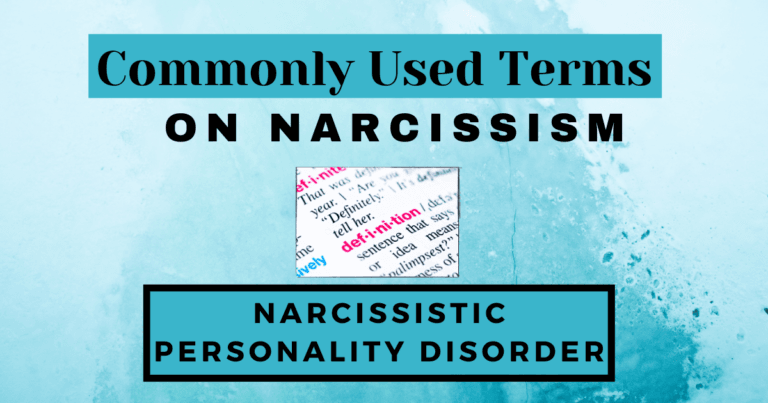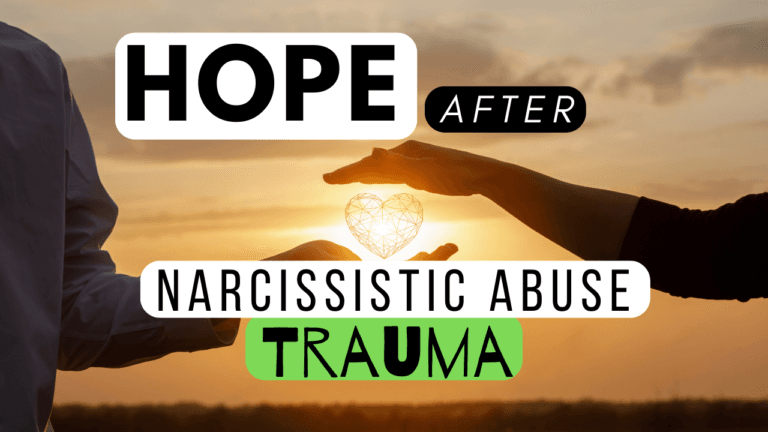40 Gaslighting Phrases: Have You Heard These Lately?
Have we all been gaslit?
The answer may not be as straightforward as a simple “yes” or “no.” Gaslighting can occur in various contexts—romantic relationships, workplace environments, and even within family dynamics. It involves subtle yet persistent tactics designed to undermine an individual’s confidence in their own reality.
This form of manipulation can be so ingrained in social interactions that it may not always be immediately recognizable. The nuanced nature of gaslighting often makes it challenging to pinpoint and address, raising the possibility that many people have encountered it in some form.
Understanding whether we have all been gaslit requires examining how these manipulative behaviors manifest in daily life and recognizing their impact on our sense of self and reality. From minor doubts and confusions to more severe forms of emotional abuse, the experience of being gaslit can vary widely.
The Silent Weapon: Why Gaslighting Often Targets Women
Have you ever questioned your own sanity after an argument with a romantic partner? Do you find yourself wondering if memories you hold dear are actually figments of your imagination? If so, you may be a victim of gaslighting, a particularly insidious form of emotional abuse.
Gaslighting is the act of manipulating someone into questioning their reality.
Through persistent denial, minimization, and fabrication, the abuser slowly erodes the victim’s sense of self-trust and perception.
The targer, becomes confused, anxious, and may feel like they are walking on eggshells.
Are Women Gaslit More in Society?
And if so, why?
Women may be susceptible to gaslighting for various factors, but generally it may have to do with the expectation of women in society and how they are conditioned to behave.
But why are women seemingly more susceptible to gaslighting in relationships?
Women are traditionally socialized to be nurturing and accommodating, prioritizing the feelings of others.
This can make them hesitant to challenge their partner’s version of events, especially if it comes wrapped in affection or concern. Additionally, societal norms may downplay a woman’s experiences, dismissing them as “emotional” or “overreacting.” This creates a situation where a woman’s reality is easily dismissed by the gaslighter.
Have You Heard These Lately?
But why are women seemingly more susceptible to gaslighting in relationships?
Societal factors play a significant role.Women are traditionally socialized to be nurturing and accommodating, prioritizing the feelings of others.This can make them hesitant to challenge their partner’s version of events, especially if it comes wrapped in affection or concern.
Additionally, societal norms may downplay a woman’s experiences, dismissing them as “emotional” or “overreacting.” This creates a situation where a woman’s reality is easily dismissed by the gaslighter.
However, it thrives in unequal power dynamics, making it a weapon of choice for narcissists, abusers, and those seeking to control another person.
40 PHrases: Have You Heard? Romantic Partner
- “You’re too sensitive, that’s not what I meant.”
- “I never said that! You must be imagining things.”
- “You’re overreacting, it wasn’t a big deal.”
- “Everyone else thinks you’re crazy.”
- “You’re just jealous/insecure.” (when you have a valid concern)
- “You always twist things around.”
- “You’re the one who started this fight.” (when they initiated it)
- “I was just joking, can’t you take a joke?” (after a hurtful remark)
- “You’re lucky I put up with you.”
- “If you loved me, you wouldn’t question me.”
- “You’re being dramatic.”
- “You’re too emotional.”
- “You’re needy.”
- “You’re nagging me.”
- “Nobody else would want you.”
- “You’re lucky to have me.”
- “I don’t remember that happening.” (when they clearly do)
- “You’re making things up.”
- “You’re gaslighting me!” (accusing you of what they’re doing)
- “Maybe you should see a therapist.” (implying it’s your fault)
- “I’m the only one who truly understands you.” (isolating you)
- “They’re just jealous of our relationship.” (planting seeds of doubt about others)
- “I would never cheat on you, you’re crazy.” (after infidelity)
- “This wouldn’t happen if you trusted me more.”
- “You’re the reason I get so angry.” (shifting blame)
- “I can’t help it if you get upset easily.”
- “You’re too clingy.”
- “You don’t give me enough space.”
- “I never promised you forever.” (breaking commitments)
- “Maybe we should take a break.” (a threat disguised as a suggestion)
- “I’ll change, just give me another chance.” (empty promises)
- “You’re overreacting to a little thing.”
- “Can’t you take a compliment?” (after a backhanded compliment)
- “You look so much better when you smile.” (controlling your emotions)
- “I only hit you because I love you.” (abuse is never okay)
- “Those other guys were using you, I’m the only one who cares.”
- “You’re asking for it by dressing like that.” (blaming you for their actions)
- “They’re not real friends, they’re just trying to turn you against me.” (isolating you further)
- “Nobody will ever believe you.”
- “You’re so lucky to have someone like me.” (planting seeds of dependence)
- Erodes Self-Confidence: Gaslighting undermines an individual's perception of reality, leading to decreased self-esteem and self-worth.
- Creates Confusion: The constant manipulation and denial of facts cause confusion and doubt, making it hard for victims to trust their own judgments.
- Destroys Trust: Gaslighting damages trust in relationships, as victims may feel betrayed and unsure of who to rely on.
- Perpetuates Emotional Abuse: It is a form of emotional abuse that can have long-lasting psychological effects, including anxiety and depression.
- Hinders Personal Growth: Victims may struggle to make decisions or pursue personal goals due to the lingering effects of gaslighting on their self-belief and mental clarity.
- Recognize the Signs: Identify the manipulative behaviors and patterns of gaslighting. Understanding that you are being gaslit is the first step toward addressing it.
- Seek Support: Reach out to trusted friends, family, or a mental health professional. Sharing your experiences can provide validation and perspective, helping you rebuild confidence in your own perceptions.
- Set Boundaries and Prioritize Self-Care: Establish clear boundaries with the gaslighter and focus on self-care to heal and regain your sense of self. Practice assertiveness and engage in activities that reinforce your well-being and personal growth.
Dealing with Cognitive Bias and Dissonance in Gaslighting
One major cognitive bias at play is the confirmation bias, where individuals unconsciously seek out information that confirms their existing beliefs or expectations. In a gaslighting situation, this can manifest as an inclination to disregard red flags or minimize the impact of manipulative behaviors because the gaslighter has consistently provided justifications or rationalizations. The victim might cling to the hope that the relationship will improve or that their partner’s behavior is an anomaly, rather than acknowledging a persistent pattern of manipulation.
Another relevant bias is the self-serving bias, where individuals attribute positive outcomes to their own actions and negative outcomes to external factors. When faced with gaslighting, this can cause individuals to question their own actions and blame themselves for the relational issues, rather than recognizing the manipulative tactics employed by the gaslighter. This internalization of blame exacerbates the emotional toll and makes it challenging to address the core issues.
Cognitive Dissonance and Its Impact
Cognitive dissonance arises when there is a conflict between one’s beliefs and their experiences. In the context of gaslighting, individuals might experience dissonance between their understanding of the relationship and the manipulative reality presented by the gaslighter. For instance, if someone believes in the fundamental goodness of their partner, they might struggle to reconcile this belief with the partner’s deceitful or harmful actions. This dissonance can lead to rationalizations, where individuals convince themselves that the gaslighting is a minor issue or that it is their responsibility to “fix” the relationship.
To overcome these challenges, individuals must consciously address and work through their cognitive biases and dissonance. This involves actively seeking objective perspectives, such as talking to trusted friends or mental health professionals who can offer an external, unbiased view of the situation. Engaging in self-reflection and critical analysis of the relationship dynamics can also help in identifying patterns of manipulation and understanding one’s own responses.
Ultimately, recognizing and confronting cognitive biases and dissonance is crucial in regaining clarity and making informed decisions about the relationship. By acknowledging the manipulative behaviors and seeking support, individuals can rebuild their self-confidence and make choices that prioritize their well-being and mental health.







